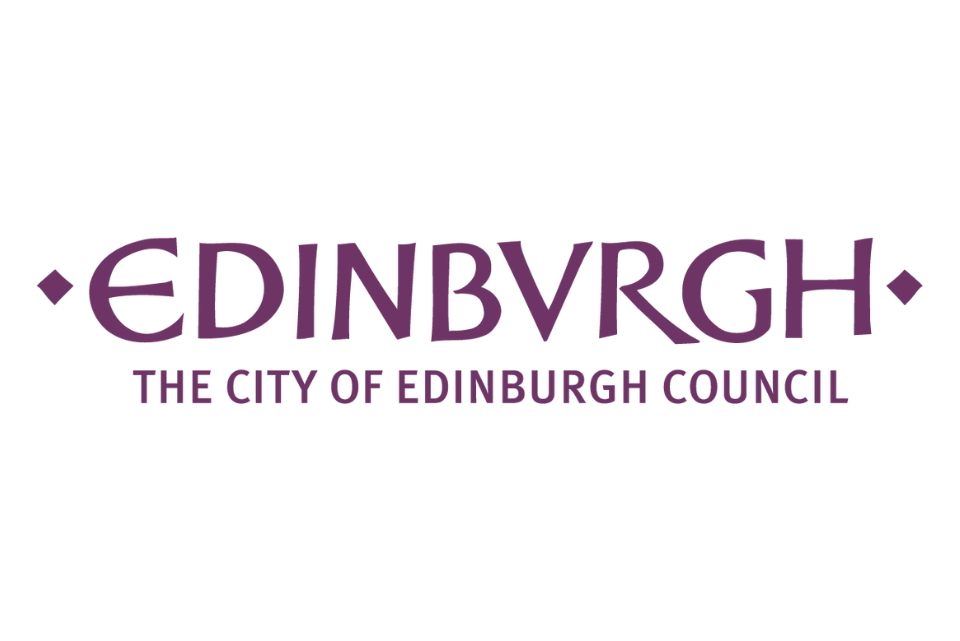Edinburgh’s Infrastructure and Investment Programme Board (IIPB) was established from the 2030 Climate Strategy for the city. It has been established to support collaborative development of strategic city infrastructure in line with Edinburgh’s net zero target by 2030.
The board’s role is to bring city partners together to:
- Provide city wide leadership in creating a green, clean and sustainable future for the city
- Oversee, agree and drive delivery of five thematic workstreams (Adaptation; Energy Efficient Public Buildings; Heat and Energy; Transport Infrastructure and Just Economic Transition) which lead on developing a pipeline of green infrastructure projects for the city
- Develop a green infrastructure investment plan for the city
The Council’s Executive Director of Place chair’s the board and core partner organisations include the public organisations with a significant control over public buildings and homes (NHS, the City of Edinburgh Council, Edinburgh universities and colleges), the private sector utility companies investing significantly in the infrastructure of the city (SP Energy Networks, Scottish Gas Network, Scottish Water) as well as the Edinburgh Chamber for Commerce representing business, employment and economic interests in the city.
The IIPB is in its early days, but has already undertaken extensive combined citywide data analysis mapping heat and energy demand and supply, buildings and land ownership and investments, relevant transport infrastructure; areas vulnerable to climate change, as well as wider socioeconomic spatial data. This has been interrogated to place level to identify local areas where collaborative infrastructure planning will yield the greatest opportunity and support the scale of transition required by net zero. Organisational budgets are now being combined to deliver:
- A single combined (partner shared evidence base) data map to underpin organisational operation and financial planning.
- A first opportunity appraisal at place level with a view to progressing deeper data analysis and targeted feasibility work at more ‘places’. This includes identification of project pipelines, project readiness and a feasibility assessment of collaborative opportunities/options.
This work, supported by the pipeline development activity of the thematic partnerships will be further progressed into a Green Investment Prospectus and a green infrastructure investment plan.
Further detail can be found at https://www.edinburgh.gov.uk/climate-2/climate-action-edinburgh/3




